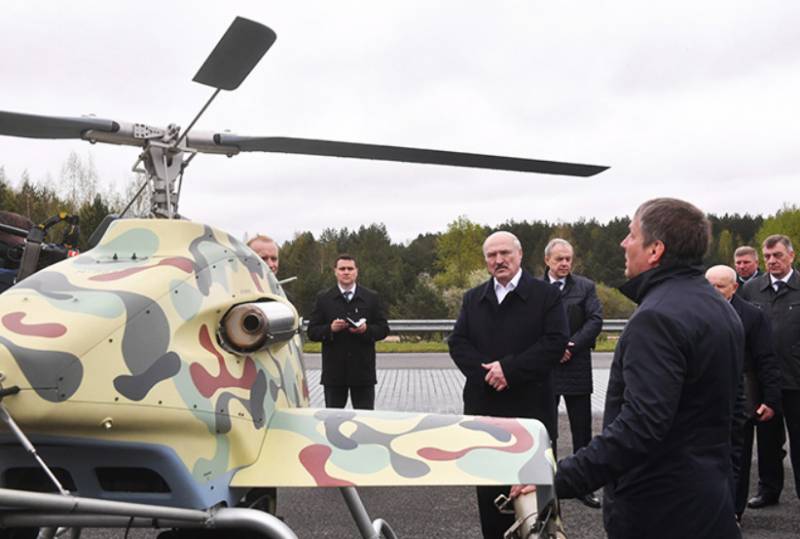German Press: “What Belarus Lacks for the Arab Spring”
A large German edition of Die Zeit has published an article that examines the political situation in Belarus. The author of the article, Michael Tumann, writes that the situation in the republic has recently been developing not in favor of the protesters. At the same time, the material itself was published under the eloquent headline “What Belarus Lacks for the Arab Spring”.
From the material:
It should be noted here that Svetlana Tikhanovskaya, who lost the elections in the Republic of Belarus, while in Poland, actually allowed herself to issue an ultimatum. According to her, "Lukashenka's legitimacy will finally end in October-November." At the same time, Tikhanovskaya called on the European Union "to provide all kinds of assistance to Belarus."
Tikhanovskaya:
Michael Tumann:
The German author writes why Belarusian protests can choke and not become what such protests have become in the mentioned countries. According to Tumann, there are no cases of mass desertion of military personnel in Belarus - "only a few soldiers showed solidarity with the protesters."
In Belarus, according to the author, the EU is also creating its own factor, which “does not want to enter into a new confrontation with Putin, as it was in Ukraine”.
Also, the author of the material notes that Lukashenka “did everything so that the opposition in Belarus was not strong and united”. Tumann noted that immediately after the elections, Tikhanovskaya had to flee abroad. At the same time, the author writes that for Lukashenka the situation is also extremely difficult:

Information